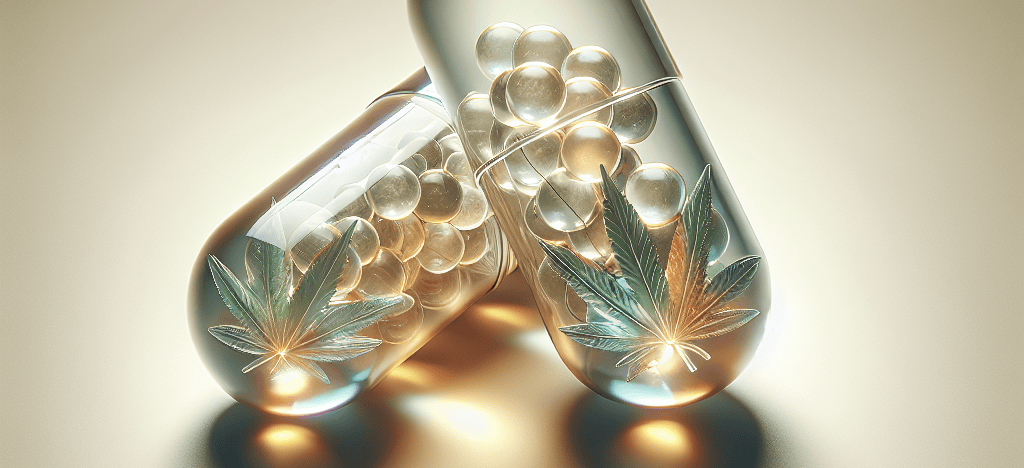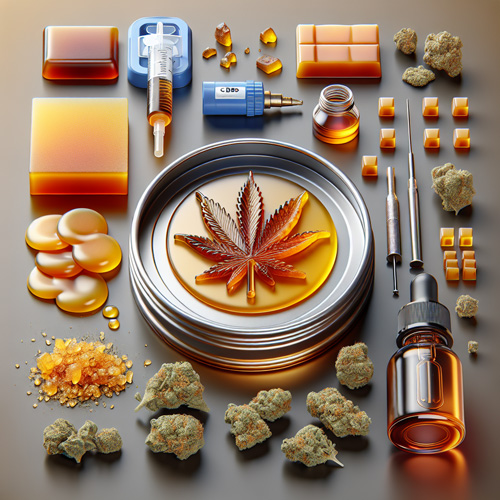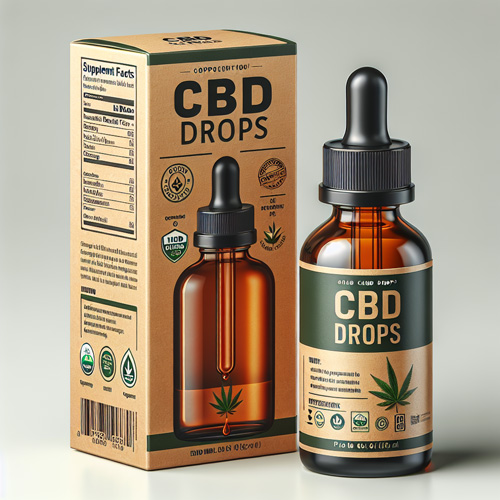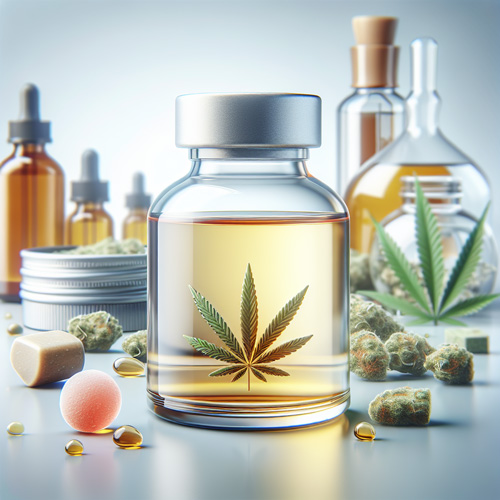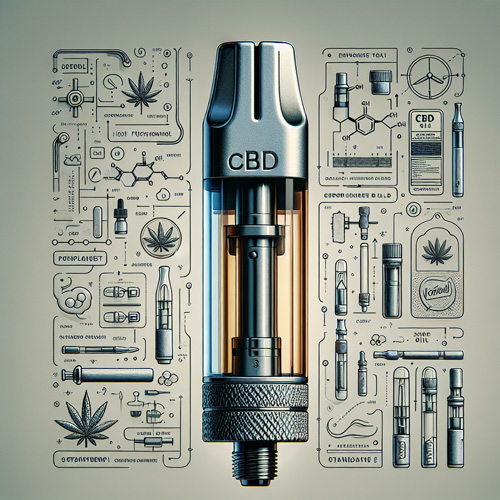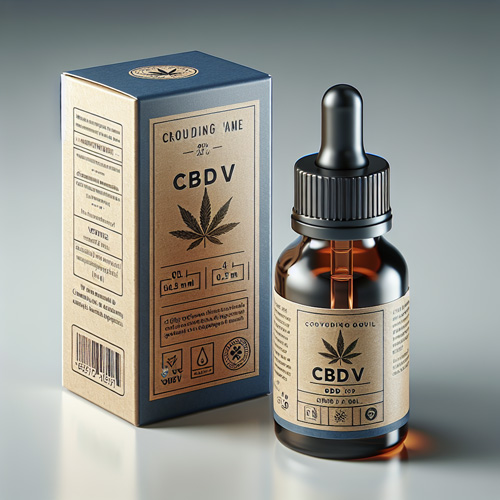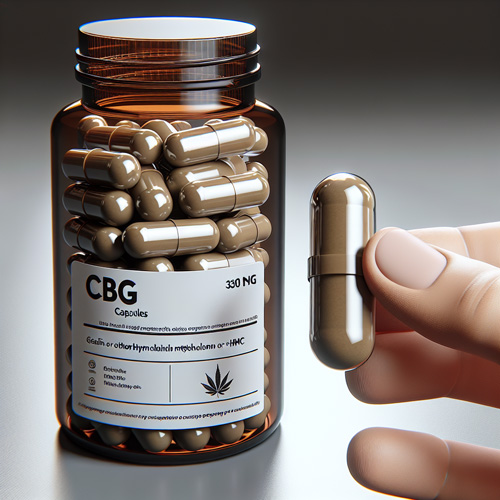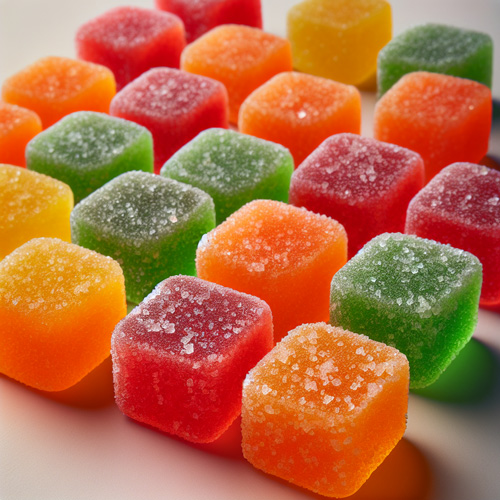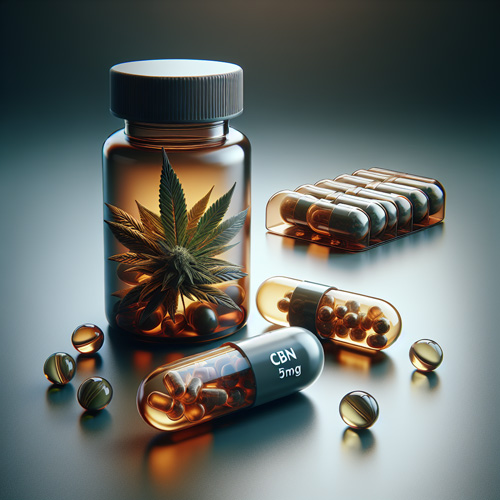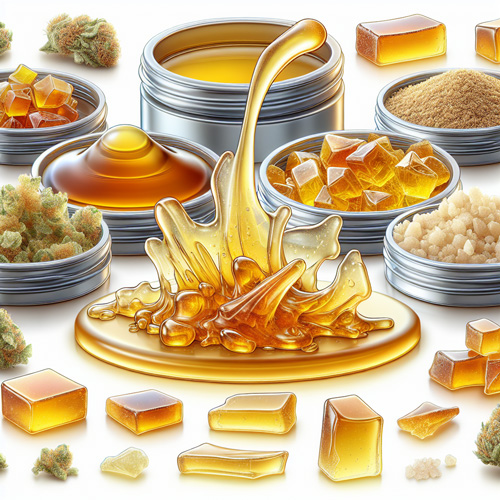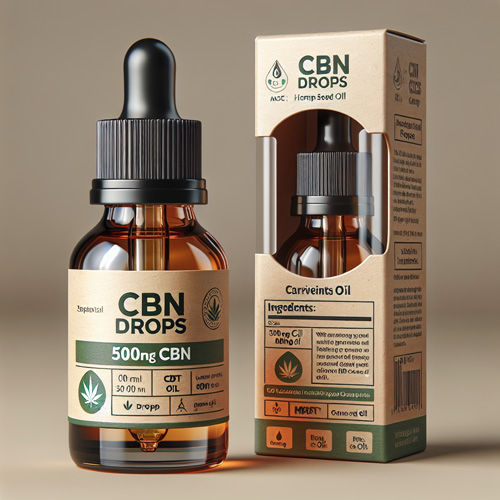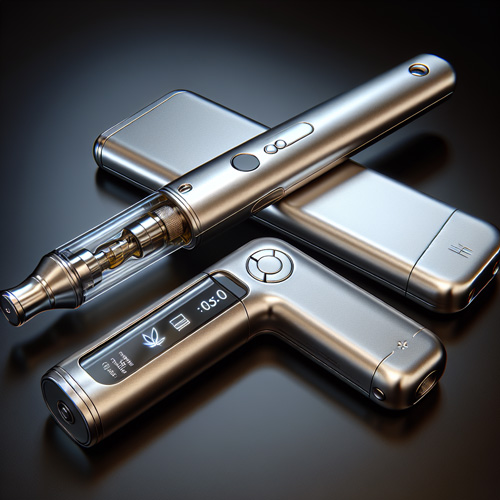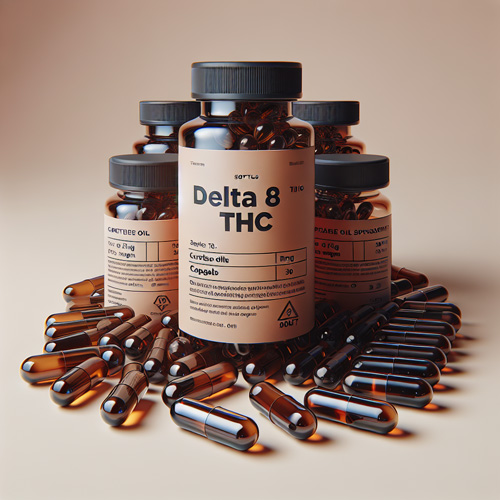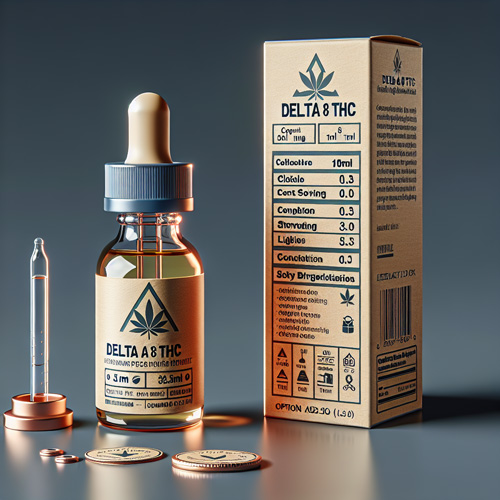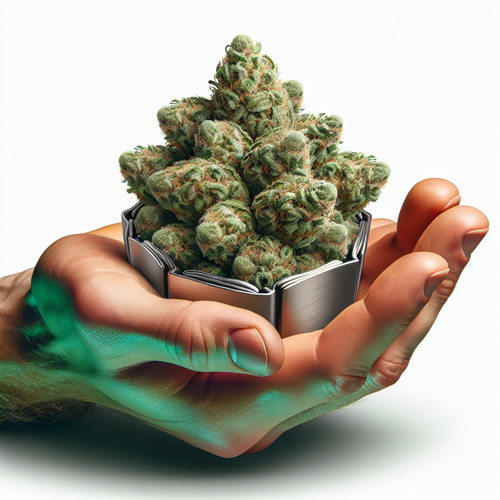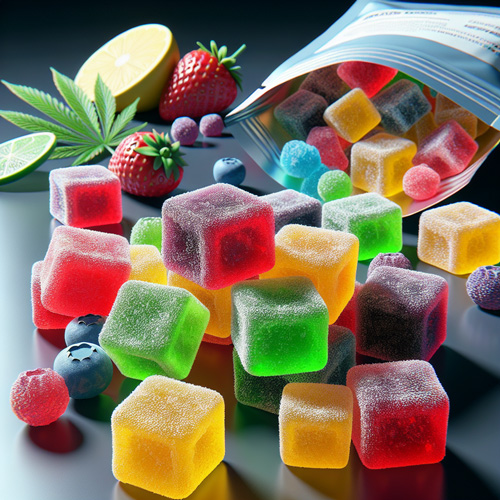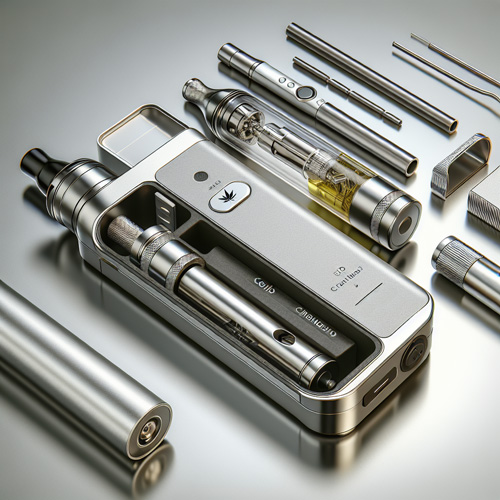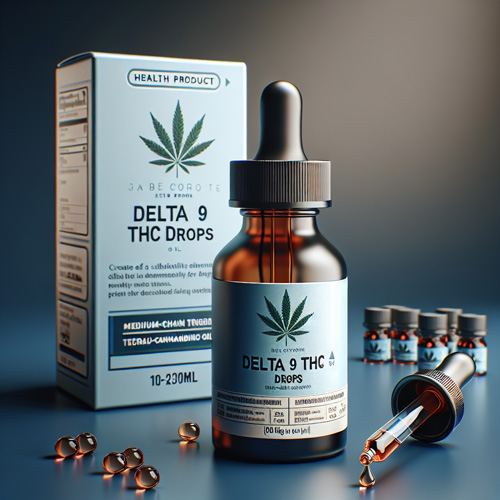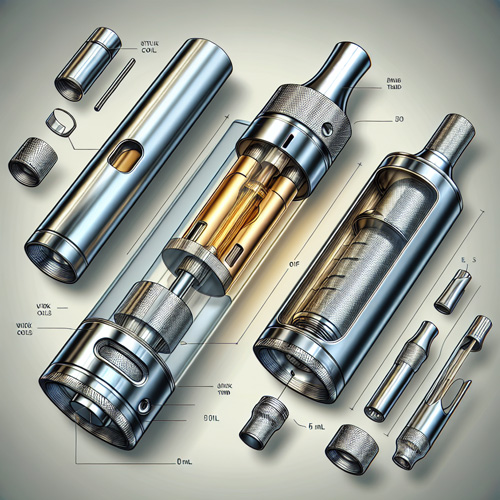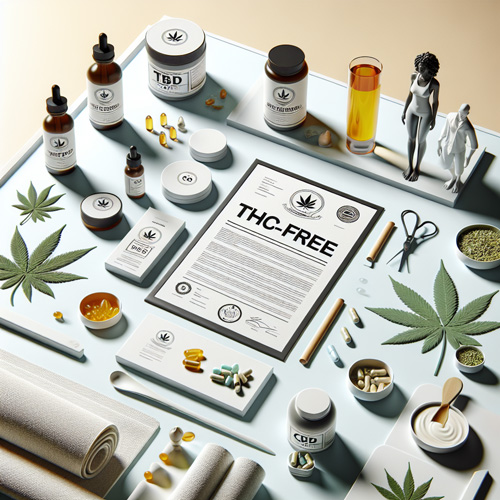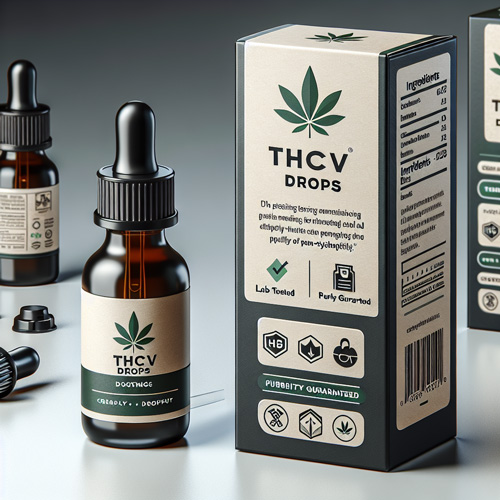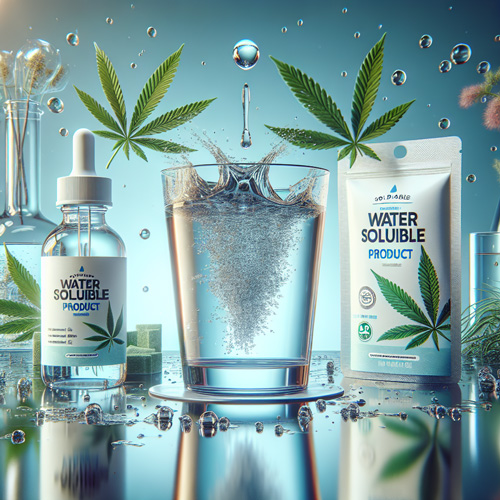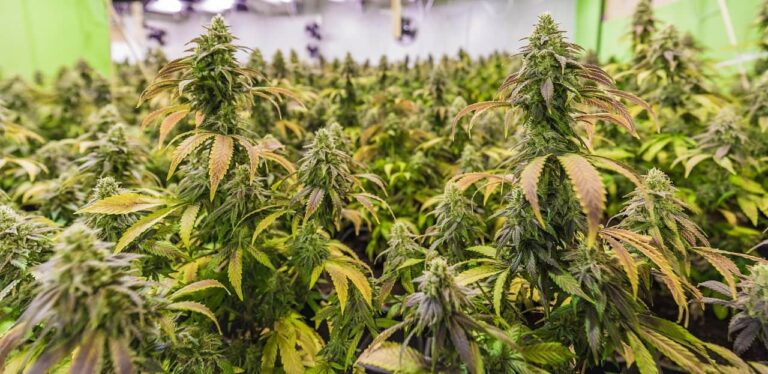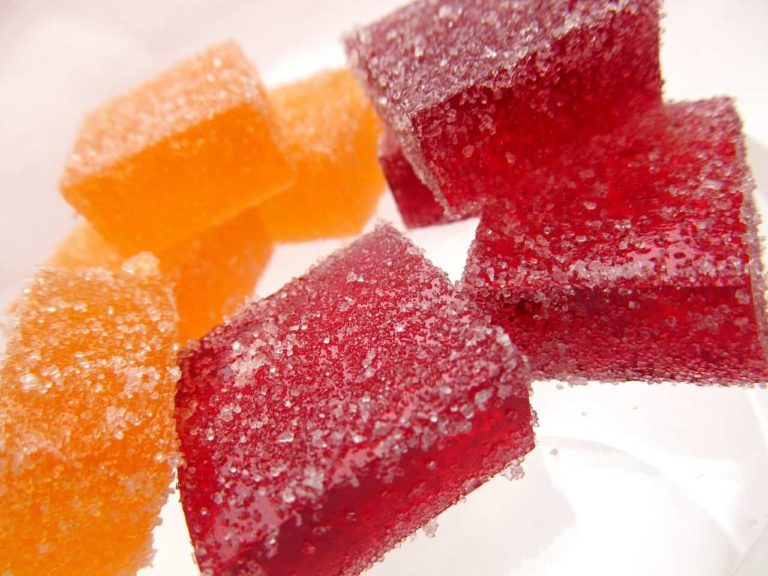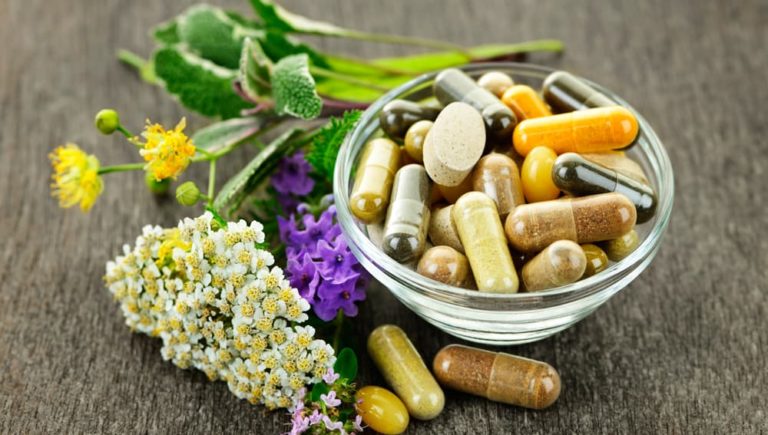
Does Delta 8 THC Make You High?
Delta 8 THC (delta-8 tetrahydrocannabinol) is one of many cannabinoids found in cannabis plants. It’s known to produce effects similar to those produced by THC, which is why many people use it when they want to feel the effect of marijuana, but in a light version.
But does Delta 8 THC get you high? The short answer is: Yes.
The long answer is that while it does have a psychoactive effect as the delta 8 binds to your cannabinoid receptors in the brain, we have found that the ‘high’ is not as strong as Delta 9 THC.
The first study was published in 2003 and showed that the substance may have anti-tumor properties. Since then, several studies have been conducted.
So, if you’re looking for something to boost your mood, take a look at Delta 8.
Can Delta 8 THC make you paranoid?
Delta-8 THC (delta-8 tetrahydrocannabinol) is a chemical compound found in cannabis which produces psychoactive effects when consumed. It can cause a range of physical and mental symptoms including paranoia, panic attacks, memory loss, hallucinations, confusion, and gloom. The effects of delta-8 THC vary from person to person depending on their body chemistry, tolerance level, previous use of marijuana, etc. Some people report feeling worrisome or panicky after consuming delta-8 THC while others feel relaxed or mellow.
The first reported synthetization of delta-8 was in 1966 when researchers at the University of California discovered that this type of cannabinoid caused behavioral changes in mice. Since then, many studies have been done to find out how delta-8 affects humans. In 1970, the National Institute On Drug Abuse (NIDA) conducted a study where they gave volunteers either a placebo or a low dose of delta-8 THC.
They were asked to take part in a series of tests designed to measure their cognitive abilities such as attention span, short term memory, and working memory. After taking the test, participants were given a drug screen to check if they had any illegal substances in their system. None of the participants tested positive for anything during the experiment. Participants who took the placebo showed no signs of impairment while those who took the low dose of delta-8 experienced moderate side effects like dry mouth, dizziness, drowsiness, and impaired coordination.
In another study published in 2013, scientists studied the effect of delta-8 THC on human behavior. This study involved giving volunteers either a placebo or different doses of delta-8 THC before performing a task called the Continuous Performance Test. During this test, participants are shown a stream of letters and numbers on a computer screen. Their job is to press one key whenever they see a letter or number except the ones they are instructed to ignore. If they do so quickly enough, they receive a monetary reward. After completing the task, participants were administered a drug test to determine whether or not they had taken any drugs. The results revealed that the volunteers who took the placebo performed well on the test while those who took the higher doses did poorly because they became distracted by the tasks irrelevant stimuli.
What is Delta 8 THC Tolerance?
Delta 8 THC tolerance is the level at which users feel the effects of marijuana after taking it. The higher the number, the stronger the effect. It’s measured in milligrams per kilogram (mg/kg) of body weight. A person weighing 70 kg would have a delta 8 tolerance of 1,400 mg/kg.
The most common way to measure the strength of cannabis is through a potency test called a “high.” Potency tests look at the amount of active ingredients in the plant material. In this case, we’re looking at tetrahydrocannabinol (THC). This is the chemical compound responsible for producing the psychoactive effects of cannabis.
A standard unit used to describe the strength of these compounds is known as a “milligram per liter” (mg/L), abbreviated as mg/mL. So, if you were smoking a joint containing 10 mg of THC per gram, you’d get a total of 100 mg of THC from your joint. If you smoked another joint with 20 mg of THC per gram — so a total of 200 mg of THC — then you would have a total of 400 mg of THC.
If you smoked one more joint with 30 mg of THC per gram – so 300 mg of THC – then you would have 600 mg of THC. And finally, if you smoked one more joint and got 40 mg of THC per gram — 360 mg of THC — then you’d have a total of 800 mg of THC.
So how do you know what dose of weed is too much? Well, there aren’t any hard and fast rules. But some people find themselves feeling uncomfortable when they reach certain doses. Others might start getting paranoid or anxious.
In general, however, the lower the number, the less likely someone is going to experience negative side effects. For example, if you smoke four joints and get 60 mg of THC, you’re probably going to feel fine. But if you smoke five joints and get 50 mg of THC, chances are you’ll feel pretty good. However, if you smoke six joints and get only 40 mg of THC, you might suddenly have trouble concentrating and your anxiety could spike.
As far as specific numbers go, experts suggest that anyone who smokes more than 15 mg of THC per day should avoid doing so. That said, many people report that they can comfortably handle up to 25 mg of THC per day without experiencing adverse effects.
Our Personal Experience With Delta 8
It took a while for our owner, Jason, to open up to trying Delta 8. He understood that this minor cannabinoid was exactly that, minor, and is not found in large quantities in the plant, and that delta 8 is synthesized from CBD through a chemical process to essentially close the CBD molecular structure.
This process can involve interesting reagents, and Jason is quite skeptical of the abilities of many labs to create safe and effective Delta 8 THC products. After much time researching and testing, he found a few products to try.
Jason found that his experience was inline with the majority of D8 consumers in that the cannabinoids effects are a mild version of Delta 9. And taking more concentrated amounts did produce more intense effects. His most noticeable effects were boosts in mood and reduced pain perceptions. He found his ability to focus on the work he was doing was improved.
He didn’t experience feelings of anxiety in low doses, and the same for high doses. Though he credits that to his many years of cannabis consumption.
